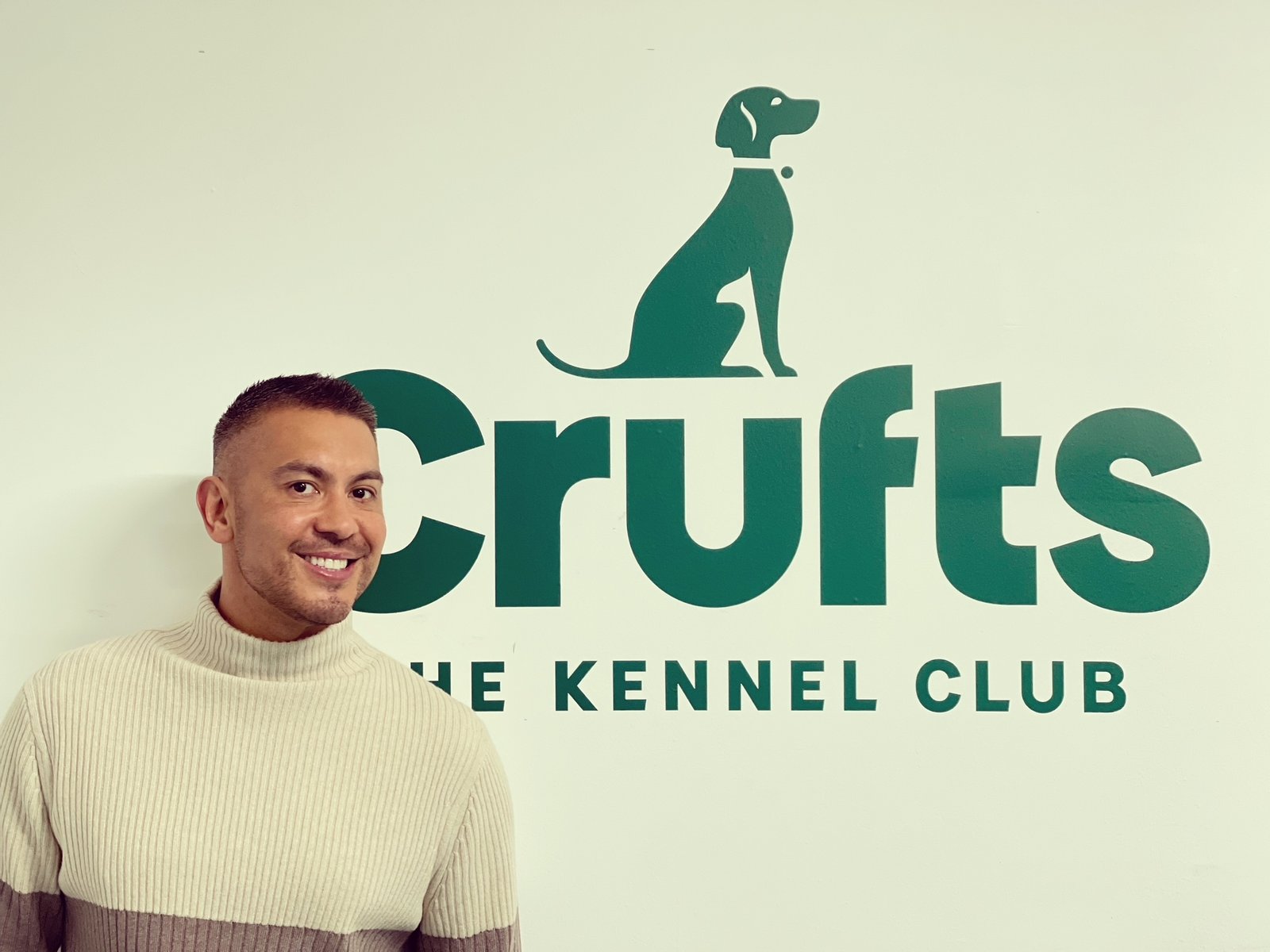The XL Bully ban, a swift and contentious move introduced in the UK in December 2023, has unleashed a storm of challenges for veterinary professionals across the nation. While the ban aimed to address rising concerns about dangerous dogs and high-profile dog attacks, its impact on UK vets has been profound, leading to moral dilemmas, operational challenges, and ethical considerations.
Operational Challenges and Workforce Shortages
The veterinary sector in the UK was already grappling with a significant workforce crisis prior to the XL Bully ban. A shortage of vets and veterinary nurses had stretched clinics and hospitals thin, making it difficult to meet the existing demands of pet owners. With the introduction of the ban, an entirely new set of responsibilities fell on the shoulders of veterinary professionals.
Compliance with the ban requires a range of veterinary services, including microchipping and neutering for XL Bully dogs. However, the sheer number of affected dogs has proven overwhelming. The Government estimated that there were 15,000 XL Bullies in the UK and this estimate was met with scepticism from animal welfare organisations, who have suggested the numbers could be much higher, reaching 50,000 to 100,000 or more. The number of dogs registered through the exemption process was in excess of 50,000 dogs so it is clear that the government’s estimates were a massive underrepresentation of the UK population of these dogs.
These numbers paint a challenging picture for a veterinary sector already stretched thin. Meeting the deadlines set by the government, particularly for neutering, will require a monumental effort. For dogs over a year old, the deadline is the end of June 2024, and for younger dogs, it’s the end of December 2024 which puts immense pressure on vets to perform a significant number of neutering procedures within this designated timeframe.
Moral Distress and Ethical Dilemmas
Beyond the operational challenges, the XL Bully ban has brought to the surface profound moral distress and ethical dilemmas for veterinary professionals. While the ban aims to protect the public from potential dangers posed by XL Bullies, it doesn’t differentiate between aggressive and non-aggressive dogs. Many XL Bullies are well-behaved, friendly pets that pose no threat.
This broad brush approach forces vets to make difficult choices. For instance, the ban mandates neutering for all XL Bullies, regardless of their individual health considerations. vets who are aware of potential health risks associated with neutering, especially in certain breeds, now face ethical quandaries.
The Veterinarian’s Conundrum
Undoubtedly the ban has put vets in a complex and challenging position. Regardless of their personal beliefs about the legislation, they are the ones pet owners turn to for guidance and support in navigating the ban’s requirements.
Additionally, some vets vehemently disagree with euthanising healthy animals. While the ban restricts rehoming XL Bullies and makes it illegal to sell or give them away, it doesn’t offer viable alternatives for owners who can no longer care for their pets. As a result, euthanasia becomes the only option for many owners, causing distress for both pet owners and vets who may refuse to perform the procedure based on their principles.
In conclusion, the XL Bully ban has placed an extraordinary burden on the veterinary sector in the UK. Operating in a sector already challenged by workforce shortages and mental health issues, vets are now grappling with moral dilemmas, operational hurdles, and ethical considerations as they navigate the consequences of this swift and contentious legislation.
The XL Bully ban has also highlighted the vital role of veterinary professionals as advocates for animals and pet owners alike. They are the ones who must strike a delicate balance between the demands of the law and their ethical principles. It’s a testament to their dedication that they continue to adapt and find solutions, striving to uphold the highest standards of care for the pets and their owners, no matter the challenges that come their way.
Find out more by listening to my podcast here.
 Dr Paul Manktelow is a vet who’s worked for almost 20 years on the front line in some of the UK’s busiest veterinary hospitals. As Chief Vet in the Charity Sector, he leads a team of vets and nurses that treat thousands of pets every year. Paul also appears regularly in the media as a TV and radio presenter, writer, public speaker and podcast producer.
Dr Paul Manktelow is a vet who’s worked for almost 20 years on the front line in some of the UK’s busiest veterinary hospitals. As Chief Vet in the Charity Sector, he leads a team of vets and nurses that treat thousands of pets every year. Paul also appears regularly in the media as a TV and radio presenter, writer, public speaker and podcast producer.






Leave A Comment